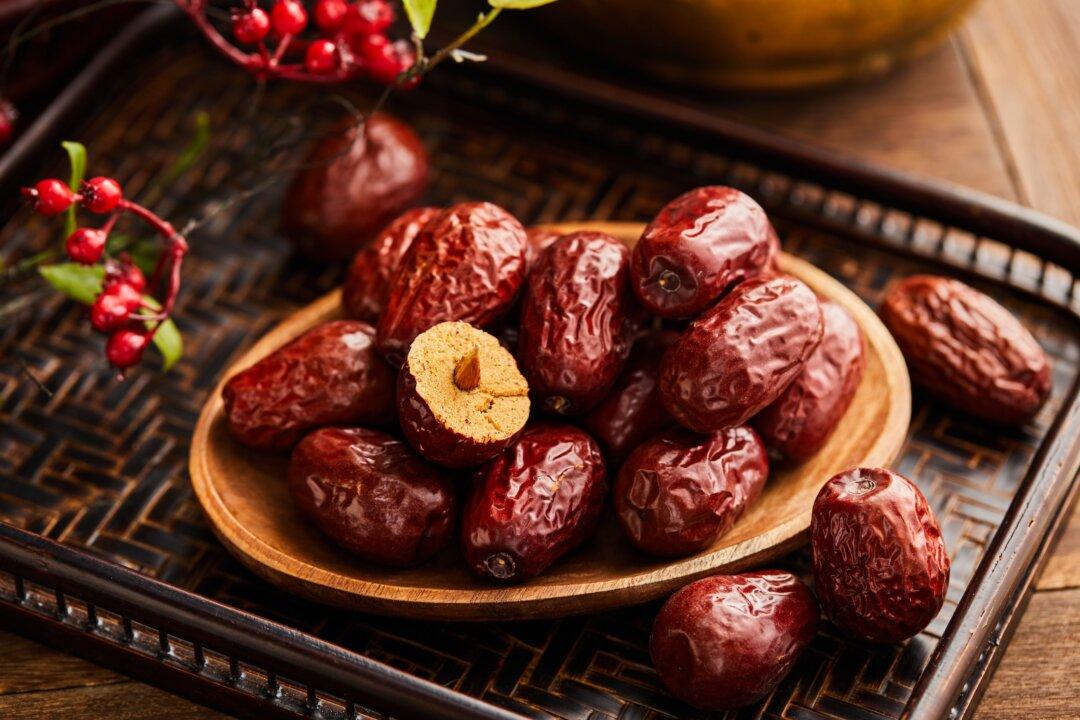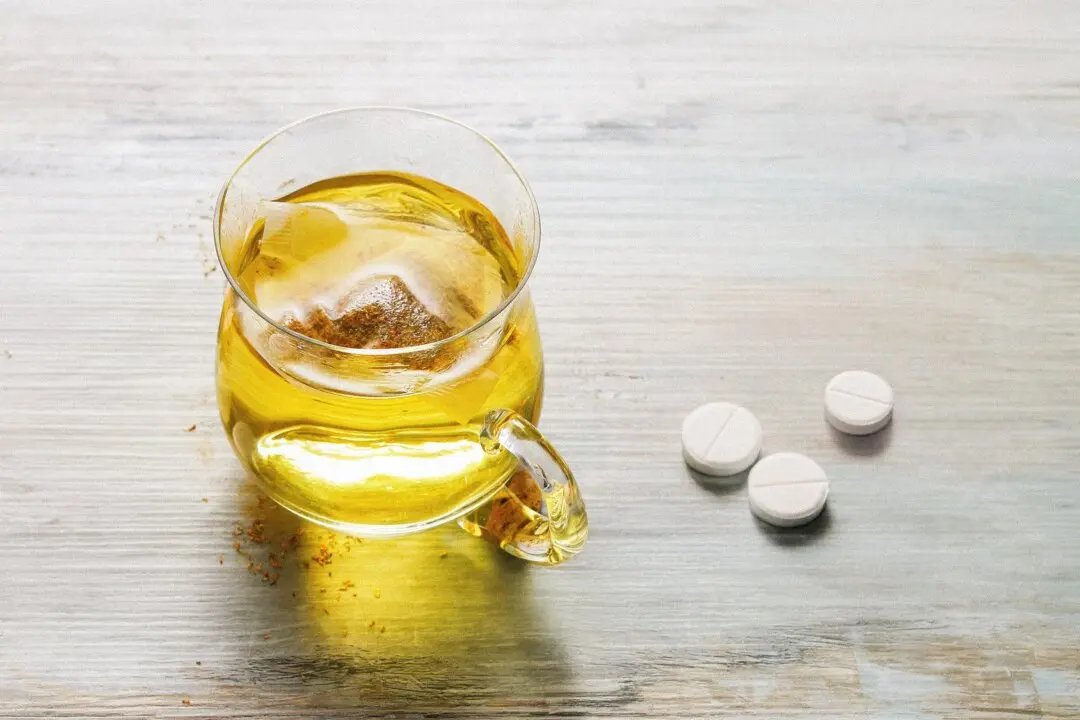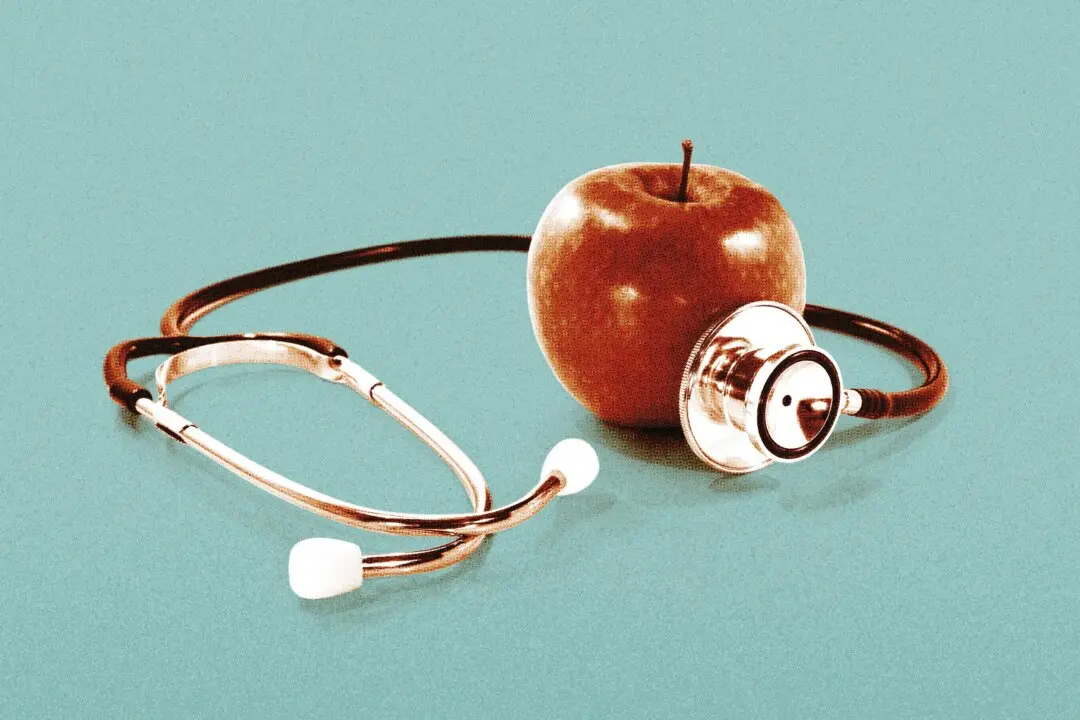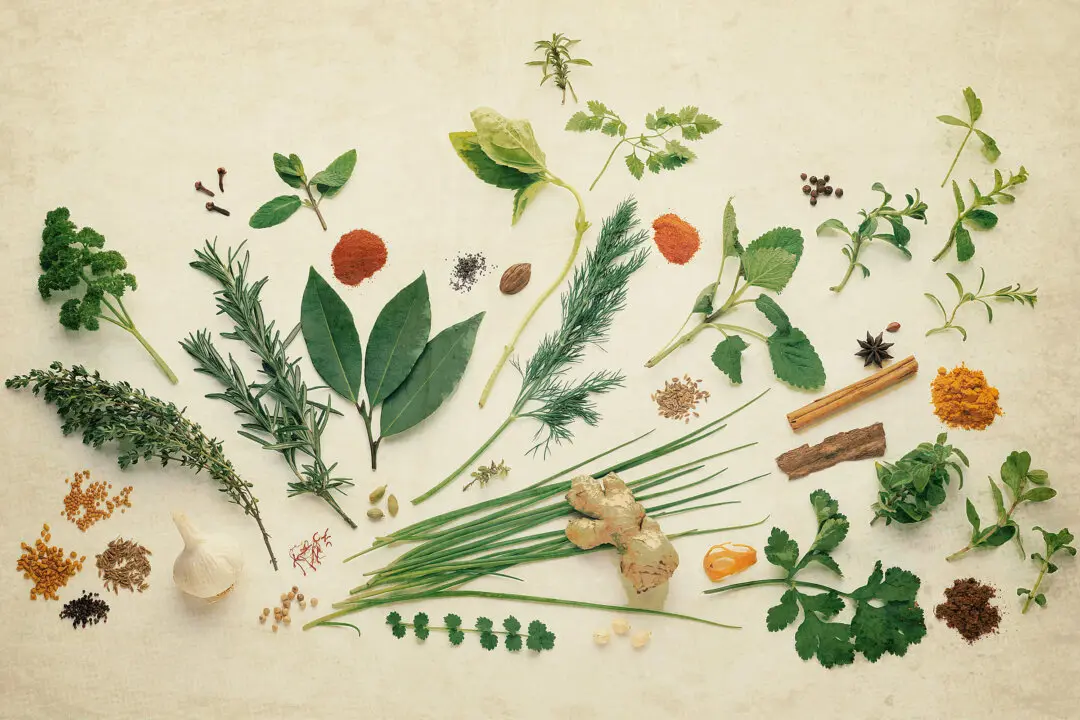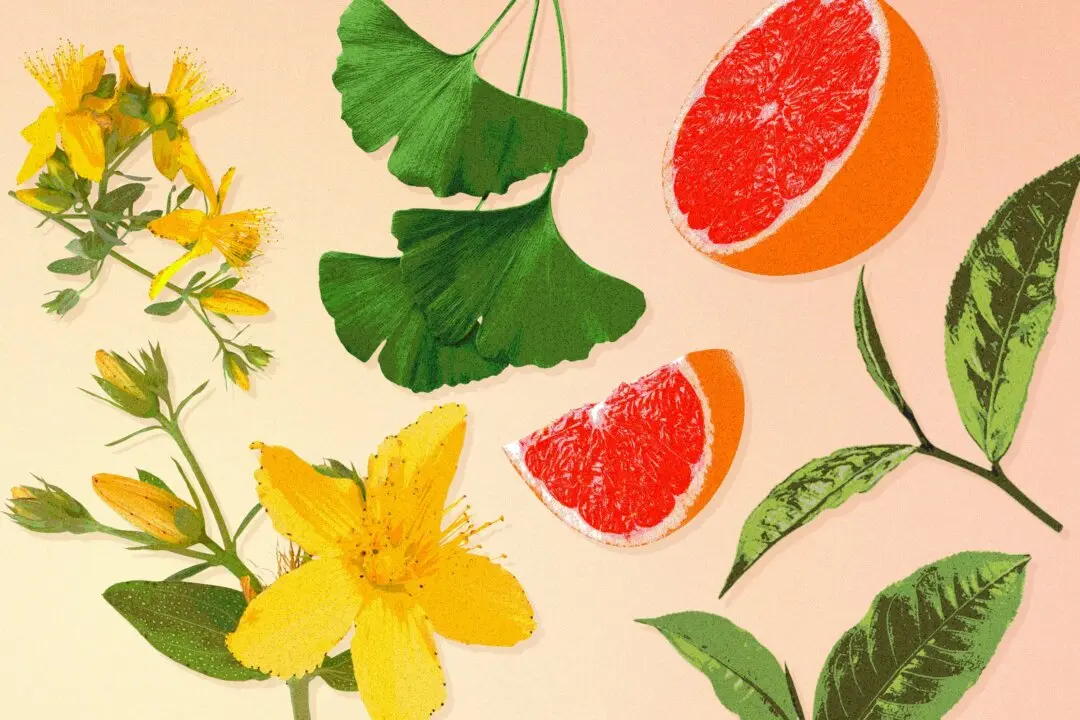For 4,000 years, Chinese red dates, also known as jujubes, have been a staple in Chinese cuisine and a powerful tool in Chinese herbal medicine. Now research shows red dates help protect the brain and can make cancer cells self-destruct.
Chinese Red Dates Kill Cancer Cells
A lab study from 2018 in the journal Food and Function found that triterpenoids isolated from Chinese red dates induced apoptosis, or programmed cell death, in human lung, breast, and prostate cancer cells, essentially causing them to self-destruct.Triterpenoids are naturally occurring compounds that plants use to protect themselves against pathogenic organisms and plant-eating animals. People in many Asian countries use them for medicinal purposes and strengthening effect on the immune system.

